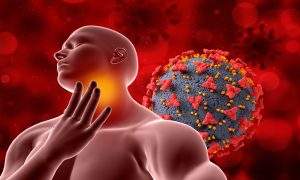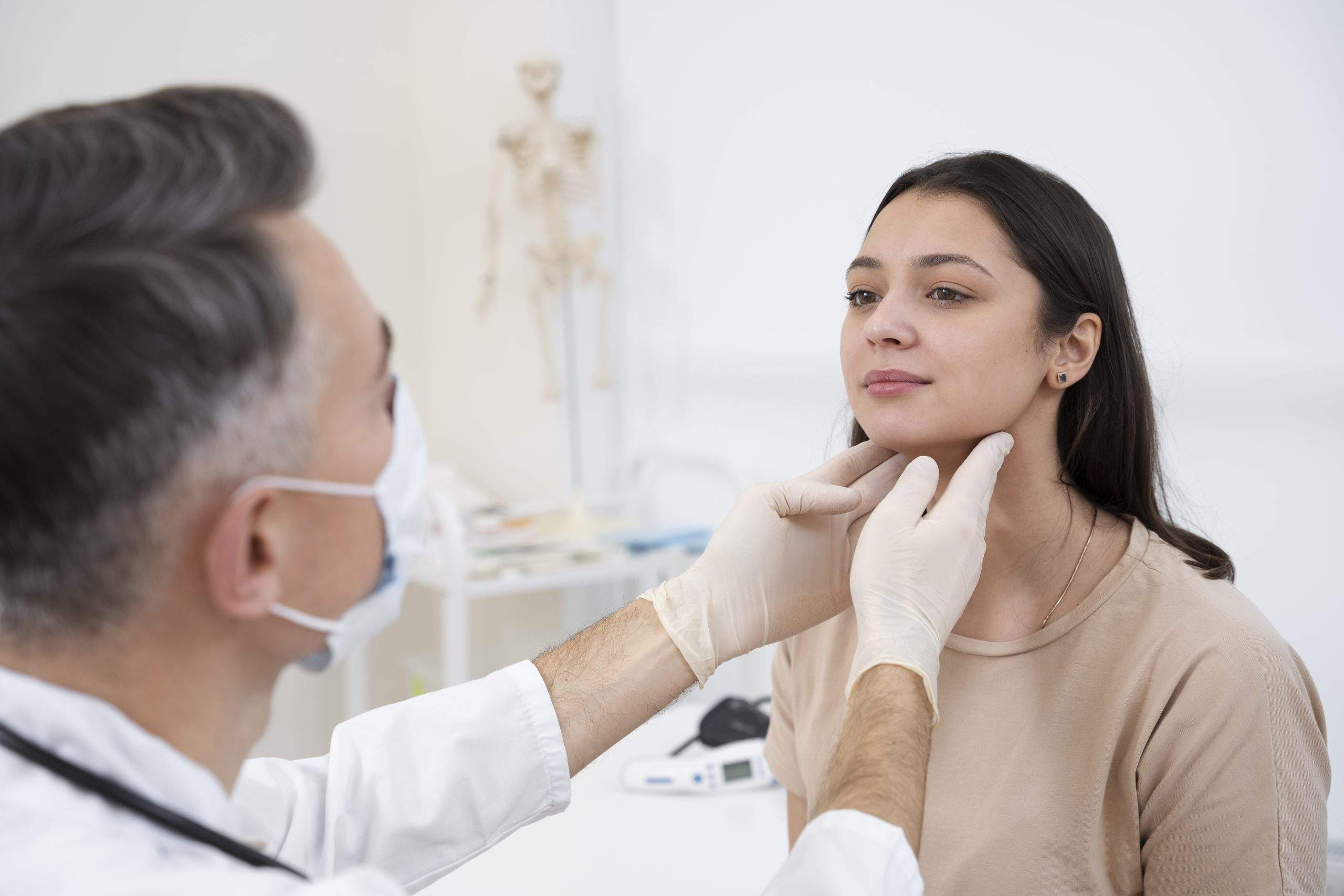Human Papilloma Virus (HPV) is a sexually transmitted infection that can infect oropharynx (tonsils and posterior part of tongue), anus and genitals. All over the world, 31 % of cancers are attributed to HPV infection. India accounted for 24% of HPV-related global incidence of cancer in 2020. There are many types of HPV of which few are carcinogenic. Some of these can cause warts and others have no effect. HPV 16 and 18 are the most common types which are known to cause cervical cancers and also account for a large proportion of head and neck and anogenital cancers.
The oropharynx is the middle part of the pharynx which includes throat and behind the mouth. In India, HPV is the second leading cause of oropharyngeal cancers next to tobacco and alcohol usage. It is recommended to test HPV in oropharyngeal cancers.

HPV is transmitted to mouth by oral sex and having many oral sex partners increases the chance of oral HPV infection. However, having HPV doesn’t suggest promiscuity. Oral HPV is not transmitted by sharing drinks or kissing on the cheek. One does not need to change their sexual behavior if they already likely shared the infections.
Men are more likely to develop oropharyngeal cancers. Though we do not know the exact reason, it could be because of better immunological response of women towards HPV by women.
Even though we do not exactly know how long it takes from the first HPV infection to cancer but it takes many years.
Oropharyngeal cancer patients with HPV infection live longer than people without HPV, i.e. HPV positive tumors respond well to therapy. Patients with a long history of smoking do not live as long as patients who never smoked. Patients who are current smokers should consider quitting.
Currently, there is no treatment for the oral HPV infection. Many people who are exposed to HPV clear within a couple of years, and only a few have persistent infection. The HPV vaccine prevents people from getting new HPV infections. The vaccine doesn’t help clear the existing infections. The vaccine is recommended for people ages 9 to 26 years old. By age 30 most adults have already been exposed to many HPV types and for that reason, the vaccine provides only modest benefit in adulthood.
The risk of HPV-associated oropharyngeal cancers is rare among the spouses of HPV-associated cancer patients. There are no specific screening tests available for HPV-associated oropharyngeal cancers. However, women can get regular PAP smear done according to the guidelines.

Written by
Dr. P Venkata Krishna Reddy,
Radiation Oncologist,
Mahatma Gandhi Cancer Hospital and Research Institute, Visakhapatnam













